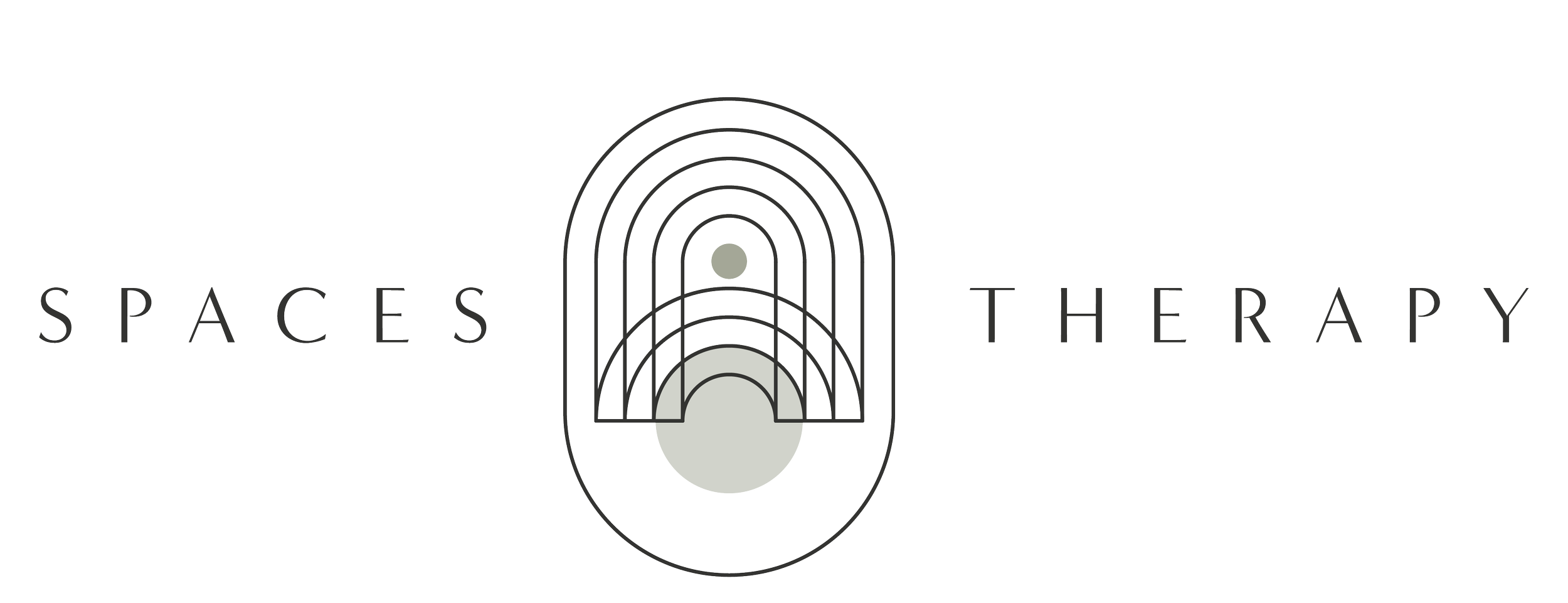How do you know you and your therapist are a good fit?
What is a relational therapist?
Choosing a therapist is a deeply personal journey, and finding the right match can be crucial to the success of your therapy experience. A good therapeutic relationship isn’t just scheduling sessions—it’s about building a trusting, comfortable, and productive partnership. But how do you know if your therapist is truly the right fit for you? At Spaces, we consider ourselves to be a relational therapy practice. This essentially means that we believe that the safety and relationship between a client and therapist is fundamental to the work itself. This means that above anything else, a relational therapist works to deepen and create a meaningful relationship with the client. Having a good fit is fundamental to allowing the client to experience change, but we’ll also explore the four key factors that can help you gauge if you and your therapist can have a healthy and impactful working relationship.
What makes a good fit in therapy?
Fee/Availability
Type of therapy
Presenting issue
Personality/Presence
Fee/Availability
Oddly enough, this is one of the first factors to consider when thinking about fit. And as practical as it might be, discussing fee and availability is an important thing to consider when starting the process of therapy. Consistency is a major factor in building rapport and trust, so having weekly availability with your therapist is crucial. Secondly, therapy needs to be a sustainable practice, both with a schedule, but also financially. Part of providing quality care is making sure that the client is aware of the financial investment. It is important that your mental health needs are being met in such a way that allows for consistent care over time.
Type of therapy
There are numerous types of therapy. Some common types you may have heard of before include Cognitive Behavior Therapy (CBT), psychodynamic, acceptance and commitment therapy, or even play therapy if you are looking for support for your child or teen When considering fit with a therapist, it might be helpful to ask what kind of therapies are offered by a particular therapist or private/group practice. Certain therapies are more effective or appropriate, depending on what you are wanting to work on or address.
Presenting Issue
While there are more common issues such as anxiety, depression, stress, or family issues that most therapists address, there might be a particular issue or population that a therapist might specialize in. For example, it might be more beneficial to see a therapist that has previous experience or focus on postnatal care or a therapist that specializes in children of alcoholics. If not already stated on a therapist’s website or profile, it could be helpful to ask what type of issue or population (age, demographic, etc.) that a therapist typically sees.
Personality/Presence
And now we come full circle with personality/presence. As relational therapists, there is a value in having a genuine, authentic, and trusting relationship between the client and therapist. Sometimes, a therapist might be a great fit on paper, but it isn’t a good match personality-wise. That’s okay! Therapy is inherently relational, so it’s important you feel like you feel comfortable with your therapist. Just because it might not be a match doesn’t necessarily mean that your therapist isn’t qualified, or there is something wrong with you, as the client, but might mean that you may be suited with a therapist with a more similar (or different) temperament, so shop around and be open to switching therapist or choosing to go a different direction, even after you start therapy.

